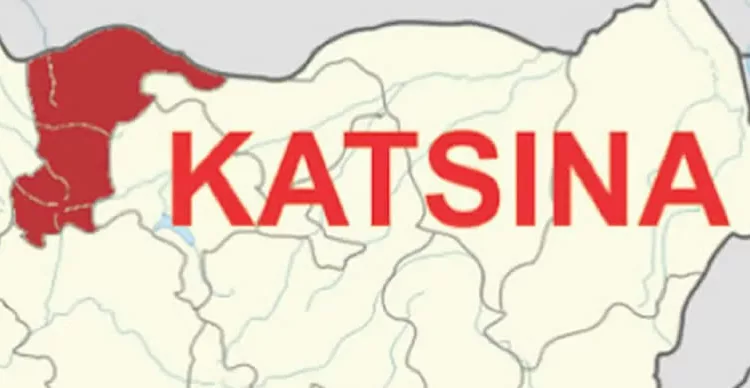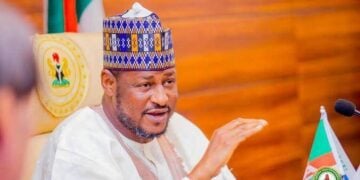The Katsina State government has officially launched the 2025 town hall meetings across all 361 wards in the state.
The initiative, flagged off yesterday, aims to conduct a comprehensive needs assessment and demand collection exercise in preparation for the 2026 state budget.
Speaking at the official flag-off ceremony, the deputy governor, Faruk Lawal Jobe, who represented the governor Dikko Umaru Radda, emphasised that the initiative is a landmark moment in the state’s pursuit of inclusive governance.
“We are here to listen and to collaborate towards building a stronger and greater state together,” he said.
The town hall meetings are being jointly implemented by the Ministry of Budget and Economic Planning and the Community Development Programme (CDP).
The process is designed to gather firsthand feedback from residents, ensuring the 2026 budget reflects the actual priorities and needs of communities across the state.
According to Jobe, the policy is part of a broader strategy to promote democratic governance, enhance accountability, and empower citizens through direct participation.
“We believe that the best ideas for development come from the people who live the reality every day,” he noted.
He further stated that the policy aligns with the principles of Community-Driven Development (CDD) and demonstrates the state’s commitment to the Open Government Partnership (OGP), reinforcing transparency and accountability frameworks.
In a directive from the governor, all public office holders and government appointees have been mandated to attend the town hall meetings in their respective communities.
They are also required to submit detailed reports from each ward to the Ministry of Budget and Economic Planning and the CDP for proper collation and integration into the budget planning process.
The initiative will also define responsibility-sharing between local and state governments, while identifying areas that require federal government or donor agency intervention.
Earlier, the chairman of Kankara LGA, Nasiru Dantsoho, thanked the government for the initiative and assured that better submissions would be helpful to the community and the local government.
Traditional institutions, community leaders, youth groups, and women’s associations have been urged to fully participate in the meetings.











